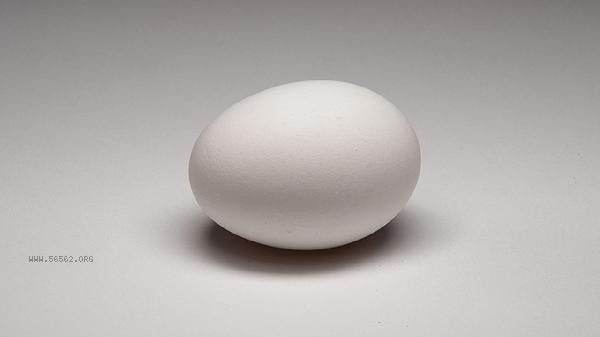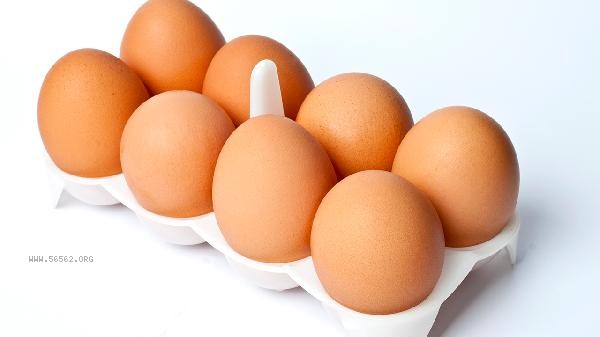Eggs usually take 8-12 minutes to fully cook in boiling water, depending on factors such as egg size, heat control, altitude, refrigeration status, and personal taste preferences. The ripeness of eggs is directly related to heating time. In a boiling water environment, small eggs can reach a state where the egg white solidifies and the yolk flows half in about 8 minutes, medium eggs need 10 minutes to be fully cooked, and large eggs may take 12 minutes. If using refrigerated eggs, an additional 1-2 minutes of heating time is required. Due to the decrease in boiling point in high-altitude areas, cooking time needs to be correspondingly extended. Improper fire control may cause fluctuations in water temperature. It is recommended to maintain medium to high fire throughout the entire process to maintain stable water temperature. Different degrees of maturity correspond to different tastes. Soft boiled eggs usually take 6-7 minutes, while fully cooked eggs take more than 10 minutes.

In special circumstances, the cooking time needs to be adjusted. When using an induction cooker, the bottom is heated more evenly, which can shorten the time by about 1 minute. If there are cracks in boiled eggs with shells, the leakage of egg liquid will prolong the solidification time. Some varieties of eggs, such as black bone eggshells, have thicker shells and slightly lower heat transfer efficiency, requiring an increase in duration. When using a steamer to steam eggs over water, the steam temperature should be slightly lower than boiling water and extended for 3-5 minutes. If you want to make hot spring eggs, you need to accurately control the water temperature at 65 degrees Celsius and soak it for 45 minutes, which is fundamentally different from boiling water.

When cooking eggs, it is recommended to use fresh eggs. Putting them in cold water can reduce the probability of eggshell cracking. After cooking, immediately soak them in cold water for easy peeling. Pairing whole wheat bread with vegetables can improve the nutritional balance of breakfast, but it should be noted that the daily intake of eggs should not exceed 2, and people with high cholesterol should reduce their consumption appropriately. If abnormal conditions such as cloudy egg white or discoloration of egg yolk are found, consumption should be stopped.










Comments (0)
Leave a Comment
No comments yet
Be the first to share your thoughts!